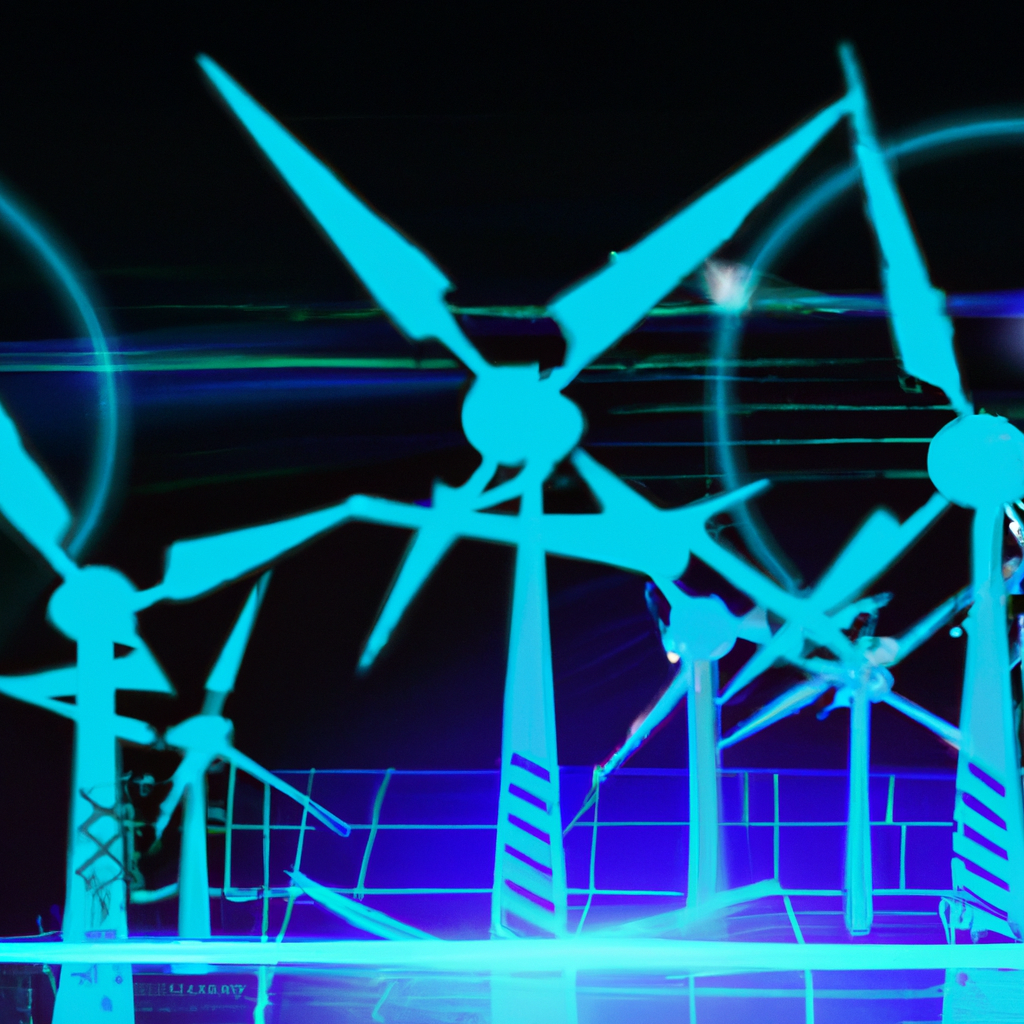In recent years, the global push for sustainable energy solutions has reached unprecedented levels due to the increasing awareness of climate change and the need to reduce carbon emissions. As the world transitions towards a more environmentally-friendly future, the latest developments in sustainable energy technology have become a focal point for researchers, policymakers, and investors alike. From advancements in solar and wind power to breakthroughs in energy storage and grid integration, the field of sustainable energy technology is constantly evolving with new innovations and discoveries.
Introduction:
With the recent United Nations Climate Change Conference (COP26) bringing attention to the urgency of reducing greenhouse gas emissions, the focus on sustainable energy technology has never been more critical. As countries around the world commit to ambitious targets for decarbonization, the demand for innovative solutions in renewable energy has soared. In this article, we will explore the latest developments in sustainable energy technology and how these advancements are shaping the future of energy production and consumption.
Advancements in Solar Technology:
Solar power continues to be a key player in the renewable energy landscape, with advancements in solar panel efficiency and cost reduction driving widespread adoption. Recent developments in solar technology have focused on improving the performance of photovoltaic cells, increasing the conversion efficiency of sunlight into electricity. Researchers are exploring new materials and designs for solar panels, such as perovskite cells and bifacial panels, which promise higher efficiency and lower costs. In addition, innovations in solar tracking systems and grid integration technologies are optimizing the utilization of solar energy in both residential and utility-scale installations.
Transition to Wind Power:
Wind power is another cornerstone of the sustainable energy transition, with significant advancements in turbine design and offshore wind technology. The trend towards larger and more efficient wind turbines has led to increased capacity factors and lower levelized costs of electricity. The development of floating offshore wind farms has also opened up new opportunities for harnessing wind energy in deep waters where traditional fixed-bottom turbines are not feasible. With the growing interest in green hydrogen production and energy storage solutions, wind power is expected to play a crucial role in the decarbonization of the electricity sector.
Energy Storage Innovations:
One of the biggest challenges in integrating renewable energy sources into the grid is the intermittency of solar and wind power generation. Energy storage technologies, such as batteries, pumped hydro storage, and thermal energy storage, are key enablers of a reliable and resilient grid with high shares of renewables. Recent advancements in battery technology, including the development of next-generation lithium-ion batteries and solid-state batteries, have significantly improved the performance and cost-effectiveness of energy storage systems. Innovations in grid-scale storage solutions, such as flow batteries and compressed air energy storage, are also contributing to the transformation of the energy landscape towards a more sustainable future.
Grid Integration and Smart Energy Systems:
As the share of renewable energy sources increases, the importance of grid integration and smart energy systems becomes paramount. Advanced grid management technologies, such as virtual power plants, demand response programs, and decentralized energy systems, are optimizing the utilization of clean energy resources and enhancing grid stability. The deployment of smart meters, sensors, and communication networks enables real-time monitoring and control of electricity consumption, paving the way for a more efficient and resilient energy infrastructure. With the rise of electrification in transportation and heating sectors, integrating these sectors into a holistic energy system is crucial for meeting climate targets and achieving a carbon-neutral future.
Outlook on the Future of Sustainable Energy Technology:
Looking ahead, the future of sustainable energy technology holds great promise for addressing the challenges of climate change and transitioning towards a low-carbon economy. As investments in renewable energy continue to grow and policies support the deployment of clean energy solutions, we can expect to see further advancements in solar, wind, and energy storage technologies. The integration of artificial intelligence, blockchain, and Internet of Things (IoT) in energy systems will enable more efficient and decentralized energy production and consumption patterns. With a concerted effort from governments, industries, and communities, the transition to a sustainable energy future is within reach, and the latest developments in energy technology are leading the way towards a cleaner and more sustainable world.
In conclusion, the latest developments in sustainable energy technology are driving the transformation of the global energy landscape towards a more sustainable and resilient future. From advancements in solar and wind power to innovations in energy storage and grid integration, the pace of progress in renewable energy technologies is accelerating. As the world strives to reduce carbon emissions and combat climate change, investing in sustainable energy solutions is not only a necessity but also a tremendous opportunity for economic growth and environmental stewardship. With a continued focus on research, innovation, and collaboration, the potential for sustainable energy technology to revolutionize the way we produce and consume energy is limitless.


